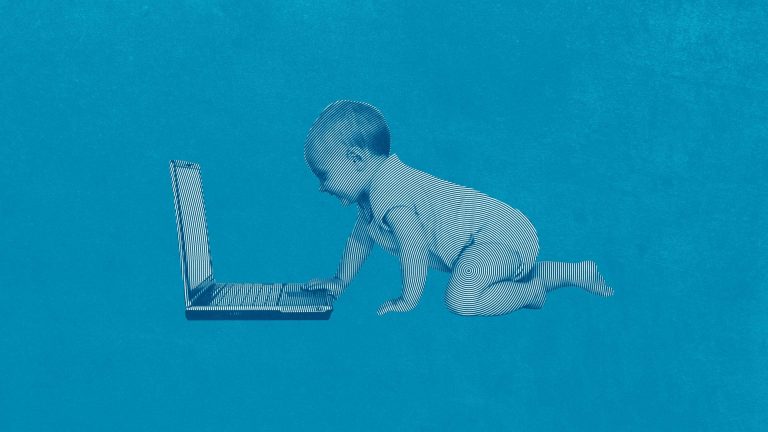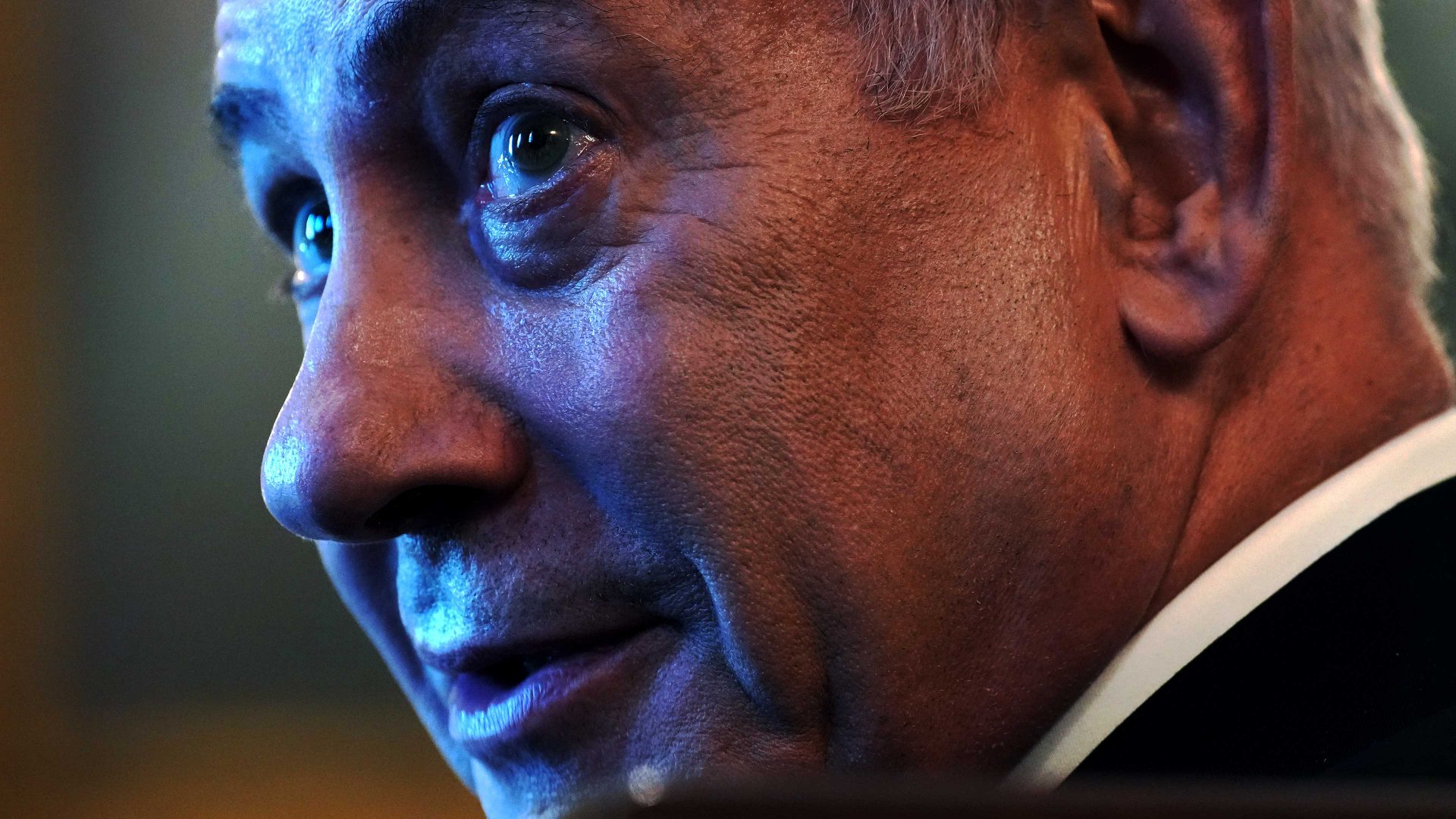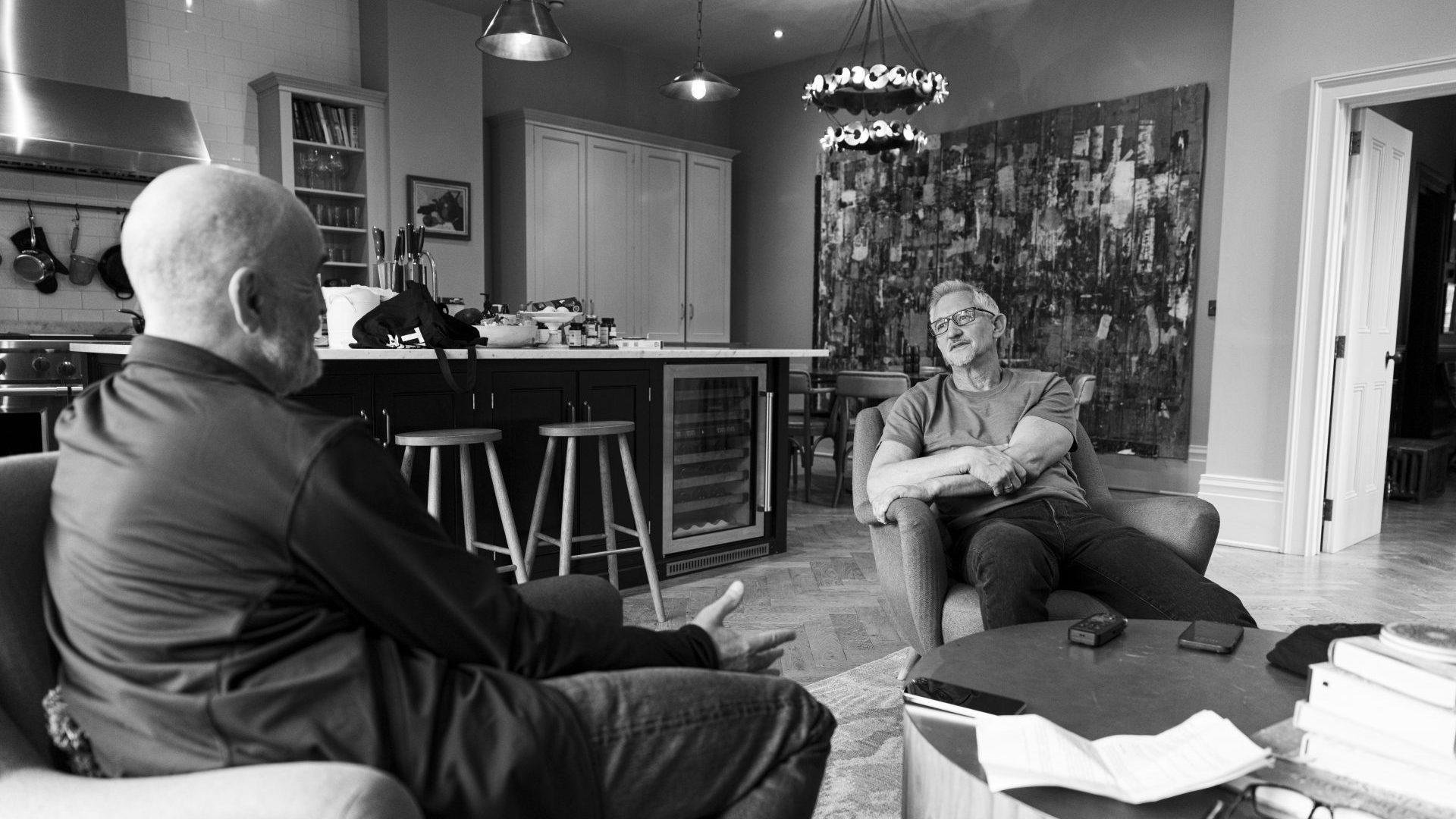In Jean-Paul Sartre’s short story The Wall, Pablo Ibbieta and two fellow Republicans are awaiting death by firing squad in a prison cell in Spain. His captors tell him they will save his life if he cooperates and reveals where a fourth comrade, Ramón Gris, is hiding. Pablo refuses to help. But then he comes up with a plan.
As he is about to be led to the wall where he will be shot, he gives them false information about where Ramón is, sending them off on a wild goose chase to a graveyard where Pablo and Ramón used to play as children. He thinks this will buy his comrade a bit more time to escape. But this backfires badly.
The “false” information turns out to be true. Unbeknown to Pablo, the graveyard is exactly where Ramón is hiding, and he is captured. As he is led to his death, Ramón believes he has been betrayed.
Good intentions aren’t enough for Pablo. It’s what ends up happening that matters. And the situation turns out far worse than if he’d remained silent. Something not dissimilar seems to be happening with the Online Safety Act that came into force on July 25.
Suggested Reading


France’s ‘3-6-9-12 rule’ beats the Online Safety Bill
The act has made it a legal duty for online platforms to protect children and prevent them from accessing potentially damaging material such as pornography, pro-suicide, and pro-anorexia sites. One way they’re obliged to do this is by implementing age verification.
The act, like Pablo’s, is well-intentioned. Its main aim is to protect children from serious harm. Who could possibly object? And some children and young people will certainly be prevented from accessing pornography sites by the low hurdle of an age-verification test. From the evidence so far, though, many others won’t. There are further consequences, too.
The first unintended but predictable effect of this legislation has been a rush towards virtual private networks (VPNs). These allow users to disguise their location and bypass age verification. Some of these VPNs are secure; others, particularly the ones that are free, may gather data and compromise users in other ways. If they’re not trustworthy, they could put children and other users at further risk.
VPNs allow a degree of anonymity to online users. They are very important in an age where data leaks are common, and where many people have good reasons not to disclose their identity when visiting particular sites. They are particularly important for dissenters within authoritarian and near-authoritarian regimes.
But if their use becomes commonplace in Britain, as looks likely, how long will it be before the government starts looking for ways to legislate against their use? VPNs have already neutered the Online Safety Act, and must now be in legislators’ sights. Outlawing VPNs would, however, be a significant step towards total surveillance and a huge loss of online privacy.
Carissa Véliz, a philosopher who specialises in digital ethics, author of Privacy is Power, describes the act and its likely consequences as “a privacy nightmare”, not least because it involves handing over sensitive personal data, sometimes even biometric information, to age-verification companies. The motivation is excellent, and the act provides good publicity for politicians who suddenly seem to have got their shit together in fighting the worst ways in which children are being harmed online.
The technology secretary, Peter Kyle, crowing about Labour’s achievement, foolishly went so far as to say that if Jimmy Savile were alive, Nigel Farage, who raised objections to the act, would be on his side. That smear was unwarranted. We know Farage is hopelessly wrong on almost everything, but on this topic within his barrage of rhetoric there is a small element of truth.
What I’m arguing for sounds like a slippery-slope argument: start with age verification, move on to banning VPNs, and end up with an Orwellian surveillance state. With slippery-slope arguments, what matters is how slippery the slope is, how inevitable the accelerating descent to the bottom of the mountain. One of the worst consequences of the new act is that it seems to have made the next steps down that slope more likely, and the slope considerably more slippery.
We seem to be gathering speed now. But we can stop. We’ll need to dig our heels in or perform a metaphorical snowplough very soon. If not, we’ll wake up one day and realise that our path to surveillance hell was paved with good intentions, and it will be too late to do anything about it.




